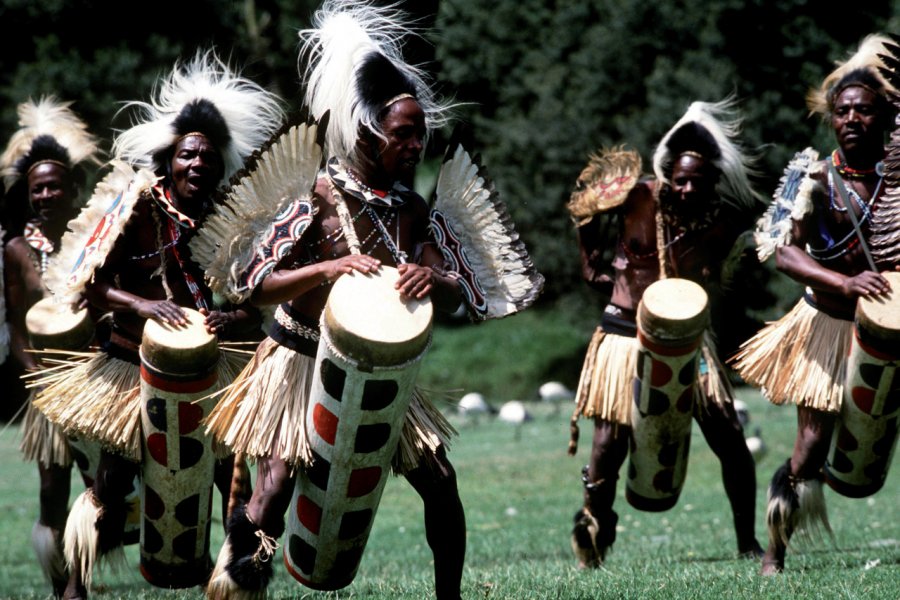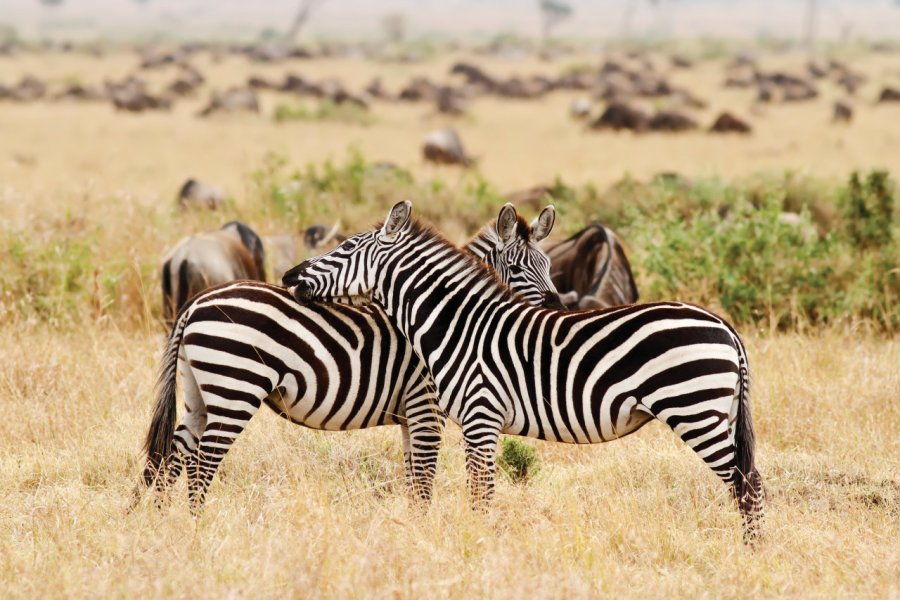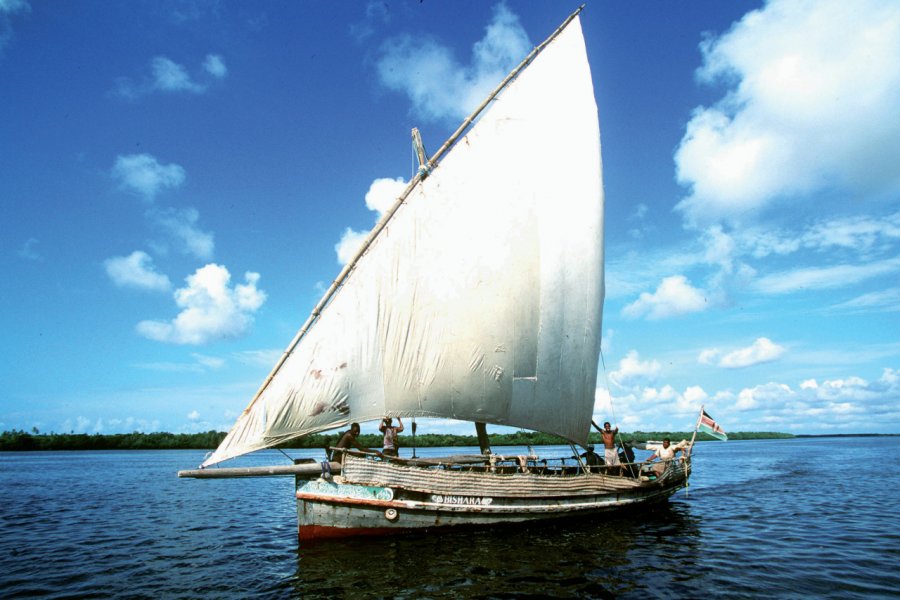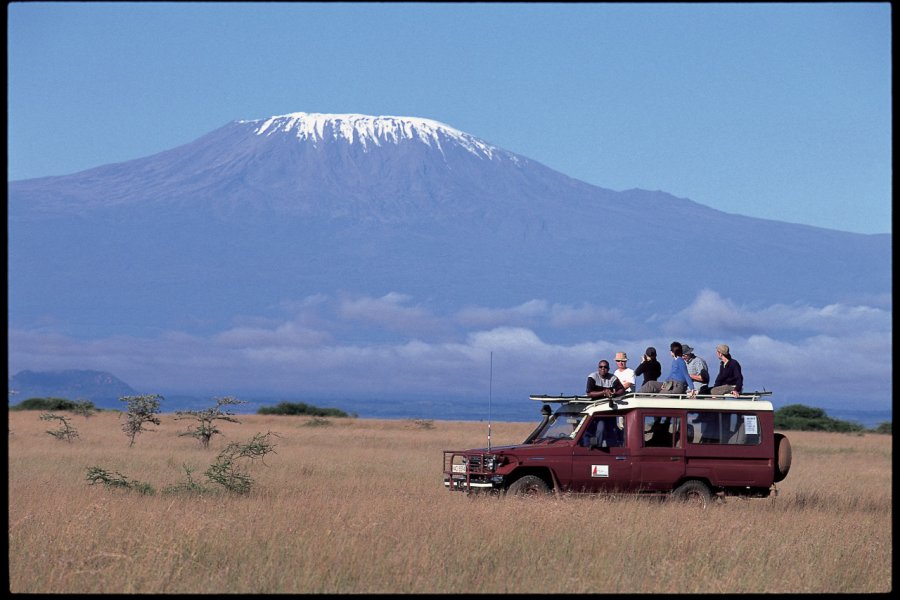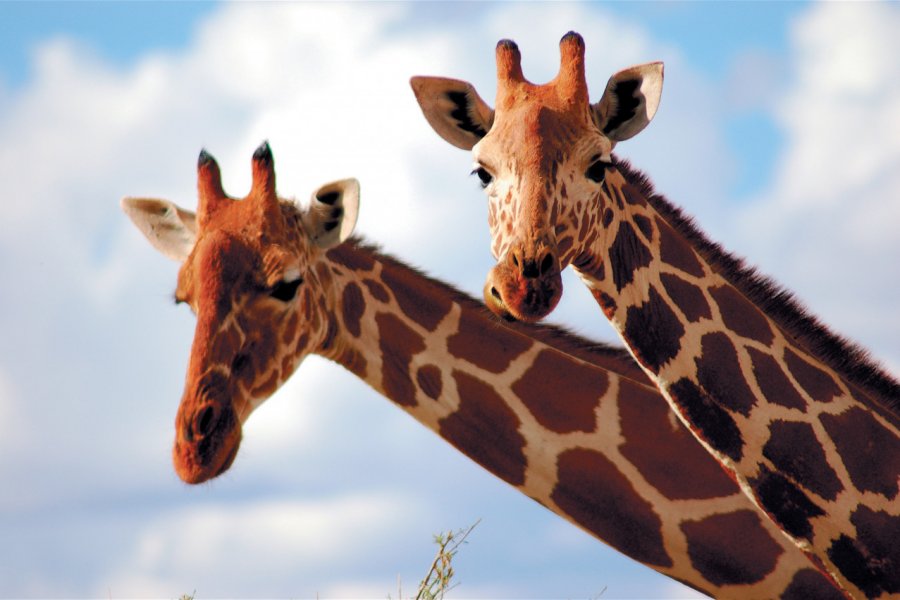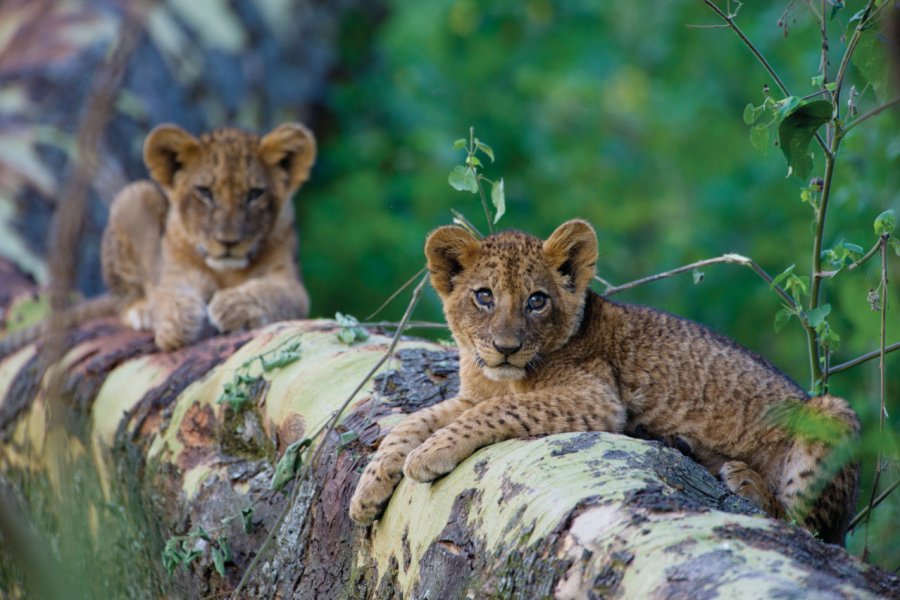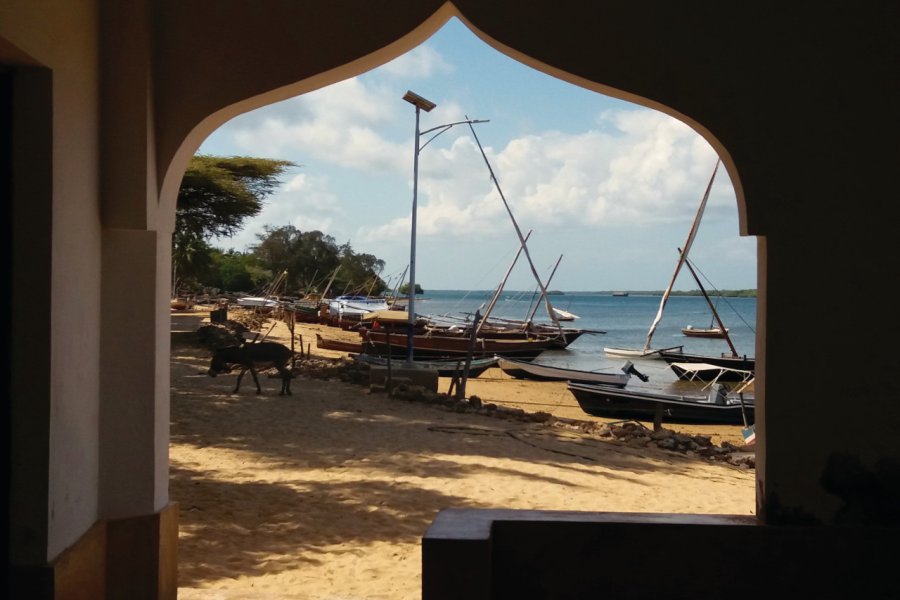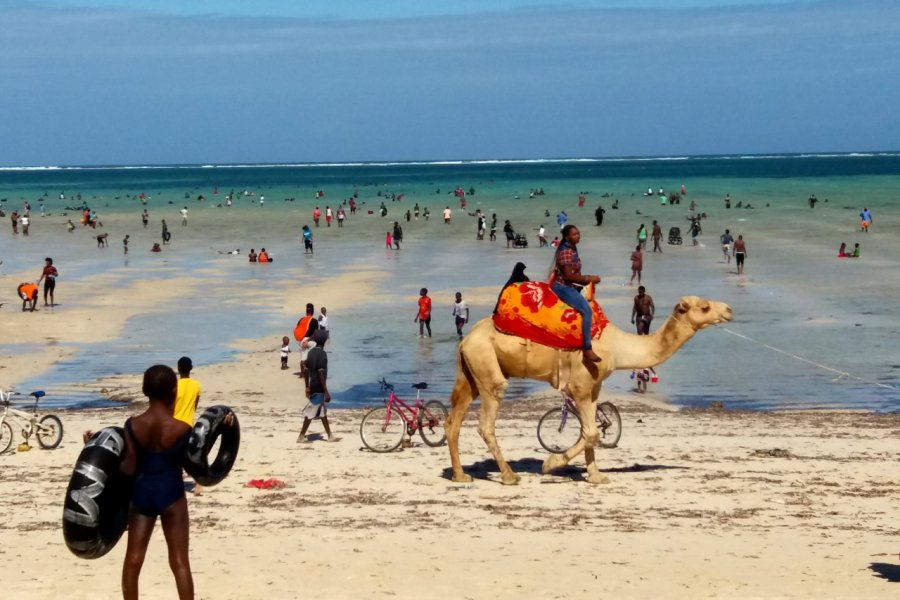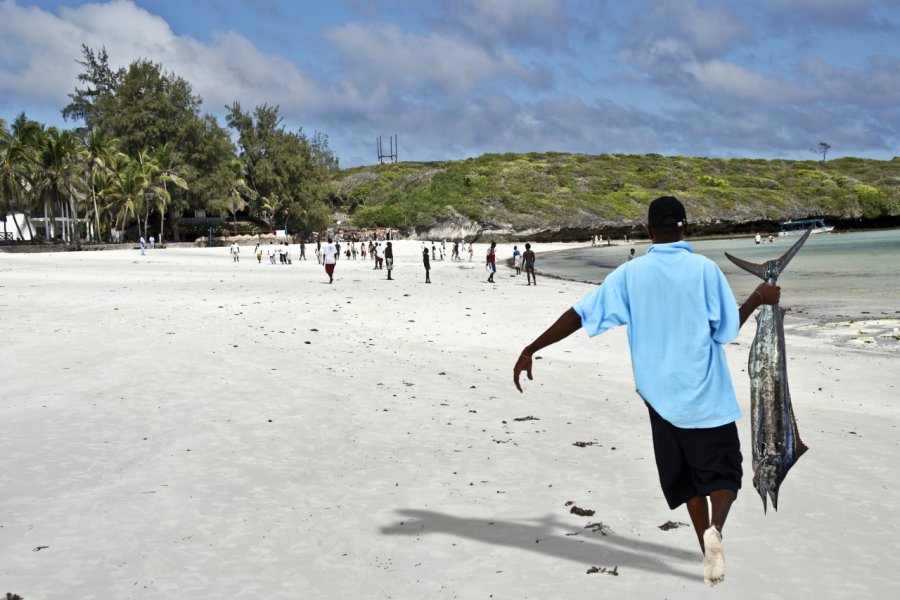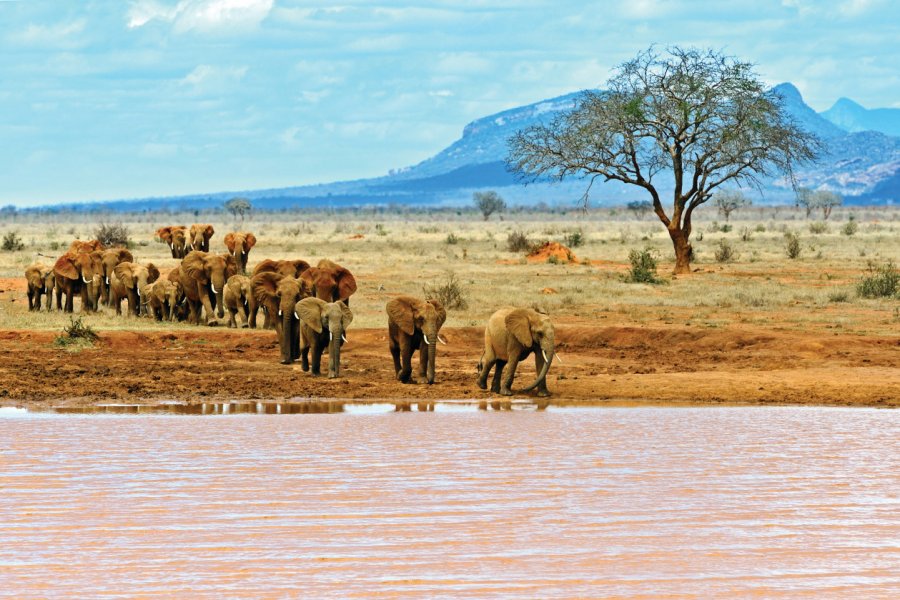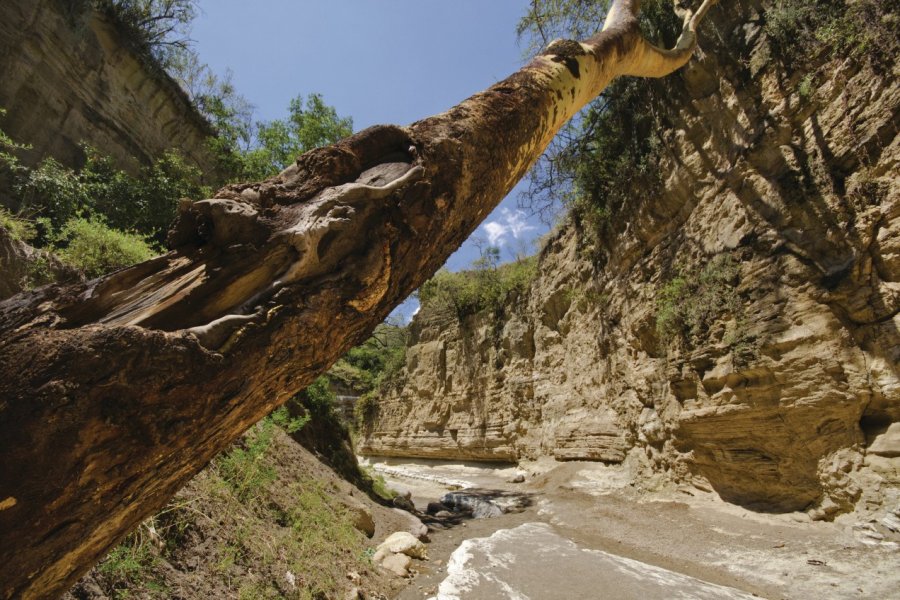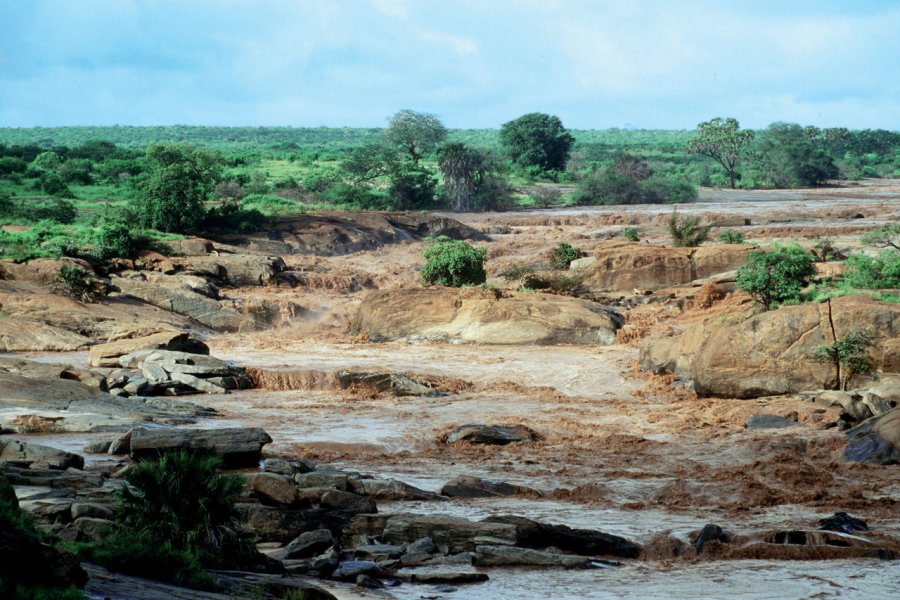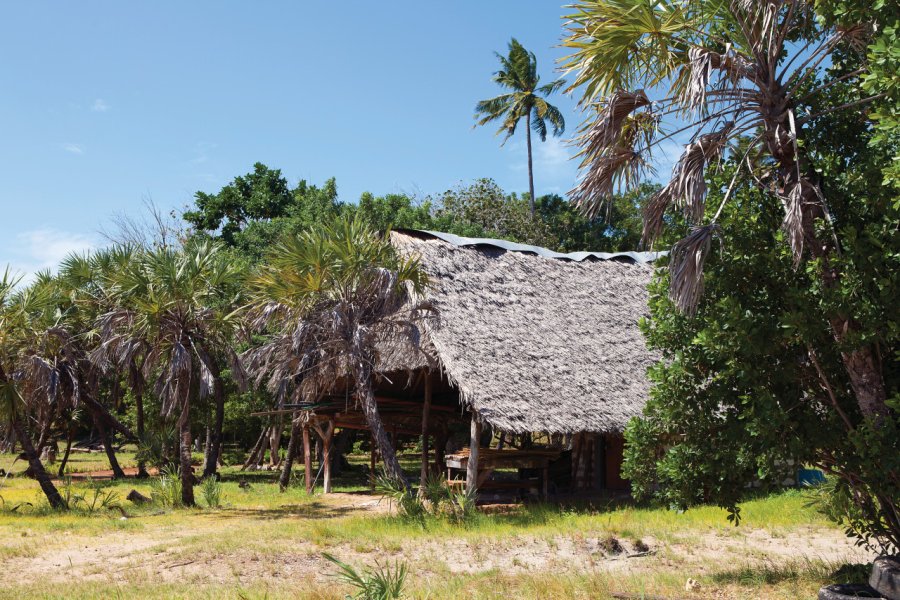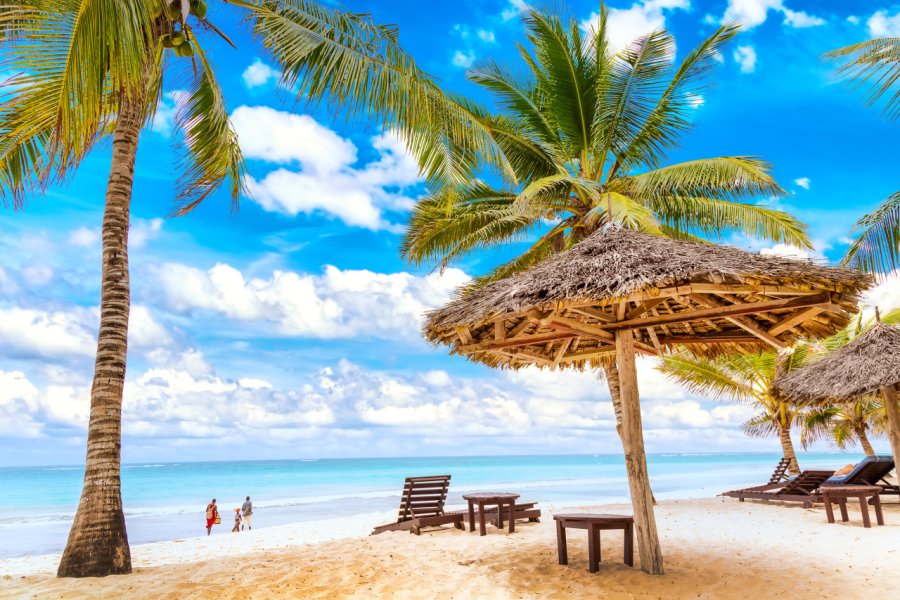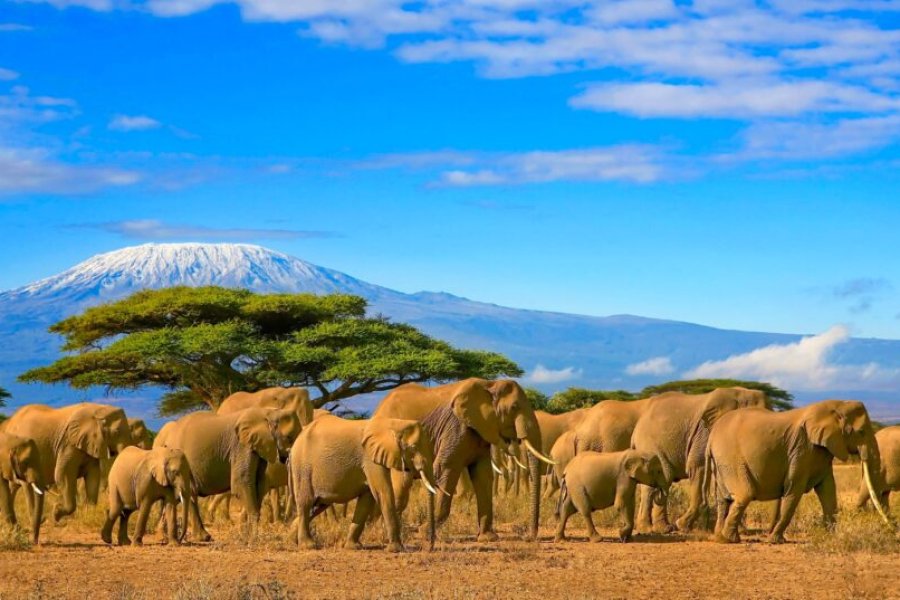Why go to Kenya? The 10 good reasons to go Kenya

Nairobi, the effervescent
Modern, cosmopolitan, dynamic, Nairobi is nicknamed "the city that never sleeps".

Exceptional safaris
Kenya remains without question one of the best destinations for a safari in Africa

Ethno-cultural diversity
Kenya is home to more than 40 ethnic groups with very different lifestyles and cultures

Heavenly beaches
From north to south, Kenya has a sublime coastline bordered by the Indian Ocean.

A grandiose nature
Kenya offers just about the full range of landscapes expected in an African country.

A pleasant weather
Kenya is crossed by the equator. Constant temperatures, cool in altitude.

Abundant wildlife
The famous "Big Five" can be seen up close in their wild condition.

Mount Kenya and Kilimanjaro
Experienced hikers can climb one of the two highest peaks in Africa.

A welcoming country
Kenyans have a sense of sharing, hospitality and friendliness. Karibu !

Quality infrastructures
Roads in good condition, quality hotels, independent travel is quite easy
What to visit Kenya?

Interview: My Kenya
By Sophie Rocherieux
After a childhood and adolescence between three continents, Sophie Rocherieux became passionate about writing and distant travels. She discovered East Africa in 1988, the great plains of the Serengeti and the Maasai Mara, and keeps an indelible memory of these wild immensities. She returned to Kenya in 2016, a country she is particularly fond of and never stops (re)discovering.
See the video of the interviewGood to know to visit Kenya
 Timetable
Timetable
Administrations. The offices are open from Monday to Friday, from 8am to 1pm and from 2pm to 5pm.
Banks. Branches are generally open from 8:30 a.m. to 4:00 p.m., Monday to Friday, without interruption, and on Saturday morning.
Shops. During the week, stores are open Monday through Friday from 8am to 1pm and from 2pm to 4pm. Some stores stay open later in the evening and on Saturday morning. Shopping centers (especially in Nairobi) are open every day until 9 or 10 pm, or even 11 pm.
 To be booked
To be booked
The most famous ones, such as the Maasai Mara Reserve or Amboseli National Park, welcome thousands of visitors every year. In high season (Christmas, January, February and July-August, especially in the Mara with the great migration that attracts photographers from all over the world), you are sure to see dozens of minibuses loaded with tourists at close range! On the other hand, in more isolated or smaller parks (Samburu, Meru or Shaba), you can spend hours, even days, without meeting the slightest visitor. On the coast, idem in high season, Kenyans meet there for the end of the year celebrations, tourists flock there and the hotels are often full. It is therefore better to plan several months in advance and to foresee a more consequent budget.
 Budget & Tips
Budget & Tips
National park fees. Kenya's national parks are centrally managed by the Kenya Wildlife Service (KWS), and the rules are largely the same from park to park. For practical information, the KWS website is very good (www.kws.go.ke). Each person must pay an entrance fee to each park; each vehicle is also subject to a fee. The good news is that park entrance fees have been revised downwards and are now capped at US$60 for adult foreign visitors (US$35 for non-resident children/students). For Maasai Mara (which is not managed by KWS), it will cost US$70/day/person if you stay inside the reserve. Since 2017, with some exceptions (Samburu, for example), parks and reserves no longer take cash, payment is made at the entry points via Mpesa (Safaricom), Visa/Master Card or via direct deposit into KWS accounts in Kenyan shillings or US dollars. If you wish to camp in the park, you will also pay for your nights directly at the park entrance. Always keep your tickets with you, as there is always the possibility of a check.
Safari budget. Safaris are generally expensive, but there is a very wide range of prices. A typical week-long safari costs between €1,300 and €2,500 per person (prices quoted do not include airfare). These prices vary according to the tour, the mode of transportation and the quality of the accommodation. Especially if you stay in the parks or conservancies, to the accommodations are added the rights to visit the park, the bill climbs quickly! Some particularly luxurious or more original safaris can cost much more. If you organize your own safari, your budget will obviously depend on the options you choose on site. Without the rental of a basic all-terrain vehicle (minimum €75 per day), you should expect to pay around €1,000 per person for a week's safari (based on two people traveling together). The longer your safari is with more than one person, the less expensive it is
 Main events
Main events
One of the most spectacular natural events is the migration of certain species across the country, so it is a good idea to plan your trip around this time. In particular, wildebeest make a large migration (about 2 million individuals) between the Maasai Mara and the Serengeti plains in Tanzania, between July and September, and even until October in one direction, and December-January in the other. These dates are approximate, depending on the weather conditions of the year. Other mammals migrate at the same time, residing in the Mara from July to December or so. Birds also migrate, with Lake Nakuru having the largest number of birds, including flamingos, between March and May.
 Guided tours
Guided tours
There is no need to thematize a visit to Kenya under the sign of safaris in national parks: this will be the main purpose of most visits to the country. On the other hand, you can thematize your safaris; for example, undertake a horseback safari, an option offered by some agencies.
Another means of locomotion that gives a different view of a country than the car: its legs! Of course, it is not always easy to travel through Kenya on foot. Except for the ascent of Mount Kenya and Mount Kilimanjaro, the vast majority of safaris are done in 4x4, as much for distance as for security reasons (it is forbidden to walk in the reserves). However, several trekking specialists manage to concoct this type of trip; one can hike in the Aberdares range in the west of the country, and in fact, Mount Kenya can be the occasion for a walking trip on its own. Seen from Europe, Kenya often appears as a large game reserve. This aspect often overshadows the perfection of the Swahili coast! Fine sandy beaches, coconut and palm trees, developed infrastructures, the Kenyan coast has something of paradise. Lamu, Watamu, Diani or Kilifi are idyllic places which will delight the amateurs of the kind. Especially since the Swahili civilization, which is very present in Mombasa, will have something to satisfy a stay not devoid of cultural aspects
One can also orientate his stay towards a discovery of the populations. Kenya has varied and very contrasting ways of life and cultures. If the visit of Maasai villages is most of the time devoid of authenticity, the exploration of the Rift Valley, the Turkana or Samburu region, with their different ethnic groups, with their still traditional ways of life, will complete a stay on the coast, very urbanized, in Nairobi or in the prosperous agricultural regions of the central highlands or the west of the country
 Smokers
Smokers
A tobacco law was proposed in Parliament in 2005 but was never approved. Each city is therefore free to pass its own law. Smoking is now prohibited in public places (bus stations, restaurants, bars, etc.) in Nairobi, as well as in Nakuru and Mombasa. But the law is still unclear about where smoking is allowed and some hotels still have smoking rooms. On the street, in theory, if a policeman catches you with a cigarette in your hand, you are liable to a fine of Ksh 2,000 (about €15). According to the Kenyan Ministry of Health, 12,000 Kenyans die every year from the consequences of smoking. A pack of cigarettes costs an average of 250 Ksh, which is about 2 €.
 What's very local
What's very local
When visiting Kenya, it is important to respect the culture and follow the local customs and dress codes. There is nothing wrong with shorts and miniskirts. However, the general rule of dress in Kenya is to wear long, loose-fitting clothes that cover the shoulders, knees, stomach, chest and back. In the more touristy areas, everyday clothing can be more casual. If you are staying on the coast, avoid provocative clothing that may offend the Muslim population. It is strongly discouraged to walk around town in a tank top or tight shorts, let alone a bathing suit. It is a question of respect for the population that welcomes you.
Because of the heat and humidity, it is best to wear light cotton clothing. In Nairobi, as in most of the central regions, as well as in the Maasai Mara, the evenings are cool, so bring a warm jacket, such as a fleece, and a raincoat. For a safari, choose clothes of neutral color (khaki, beige, gray or brown), natural materials and comfortable cuts. Finally, you should plan to layer your clothing (t-shirt, long-sleeved shirt and fleece), as the temperature variations can be significant during a day of safari
